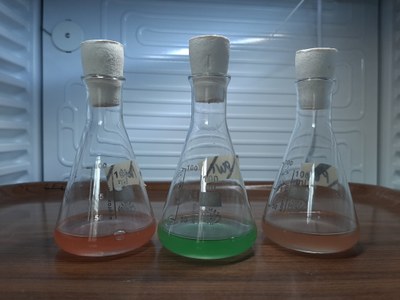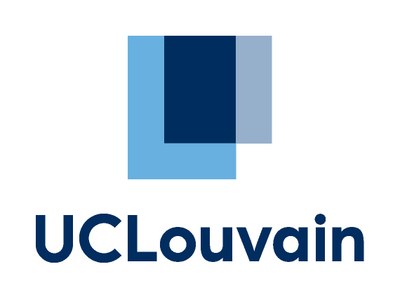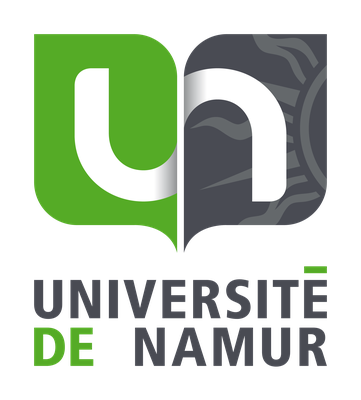The DIVERCE project
 About the project
About the project
Predicting the impact of environmental change on ecosystems is both hard and a pressing need for humanity. That is because ecosystems are biologically diverse, and because environmental change is multifaceted.
In recent years, considerable effort has been invested in understanding the role of species diversity on the impact of environmental change on biodiversity. However, much less is known about the influence of diversity within species. When trait variation within a population is great, does this matter for how this population will respond to environmental change? Similarly, global change comes in many different guises and environmental drivers can combine to produce seemingly unpredictable outcomes at the population and community level.
DIVERCE addresses these two research gaps by manipulating intraspecific diversity and the number of environmental drivers in a series of novel experiments on three model microbial systems. The project also has a theoretical aspect, where we construct mathematical models with the aim to transcend specific details and teasing out more general patterns, and to evaluate the long-term fate of intraspecific variation through eco-evolutionary feedbacks.
The team
Contact: Frederik De Laender |
 |
 |
Related publications
DIVERCE - An ARC project

Funded by the Federation Wallonie-Bruxelles (FWB), ARC projects are Concerted Research Action projects that aim at developing university or inter-university centres of excellence in fundamental research axes and, where possible, that carry out basic and applied research in an integrated manner and aim to make economic and social use of research results. They are awarded based on academic excellence of the applicants, the added value of each research group to achieve goals of research project, complementary skills of research teams and the methodology of proposed research program. They typically last for 4 to 5 years. In case of inter-university project, each team is financely supported by its own institution
More information on the FWB website

